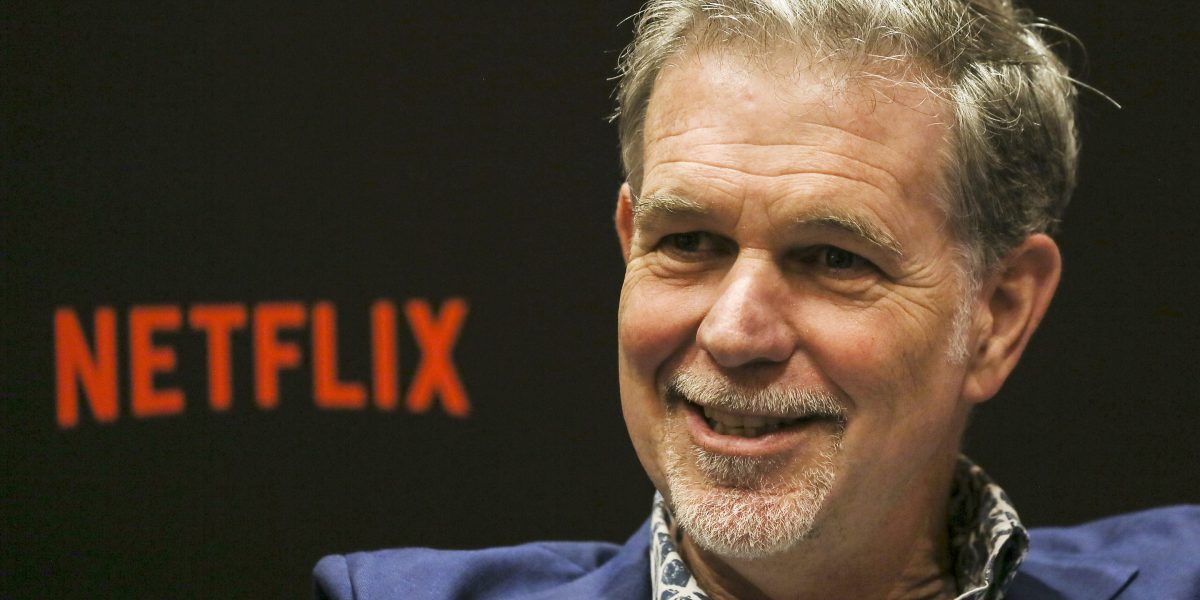Unlock the Editor’s Digest for free
Roula Khalaf, Editor of the FT, selects her favourite stories in this weekly newsletter.
Is it all over for the movement that liked to describe itself as the “world’s most successful political party”? History cautions against writing obituaries for the Conservatives whose longevity is founded upon an uncanny talent for regeneration. But the party of Peel and Disraeli, Churchill and Thatcher, is in desperate trouble.
It is not alone in its plight. This week’s local election results show Labour too is haemorrhaging support, alienating voters to its left, disappointing many of its traditional working class base and losing a similar percentage of councillors.
This simultaneous collapse of support for and disillusion with the two main parties has fuelled the remarkable rise of Nigel Farage’s Reform UK. Essentially, Britain does not have a populist problem. It has an unpopularist problem.
But Labour at least is in government and has four years to set the agenda and improve its fortunes. For the Conservatives, this moment is existential. Farage’s path to Downing Street demands he first supplant the Tories as the primary opposition. While some Tories are quietly talking about electoral pacts, a surging Farage has no incentive to parley.
The UK has seen third party moments before and Conservatives will draw comfort from the political arc of the SDP, which in the 1980s briefly aspired to “breaking the mould” of British politics. It came within 700,000 votes of overtaking a Labour party that had moved sharply left. But the UK’s electoral system confined the new grouping to just 23 seats because the vote was spread inefficiently. By the following election, Labour had begun to move back towards the centre and the SDP’s moment passed.
And yet there are good reasons why Conservatives would be wise not to assume Reform might go the same way.
The stars are well aligned for Farage. His assault on their fortress comes as the Tory brand is desperately discredited. It is being chased out of almost every region. Losing ground in the north is bad but losing its base in the south is fatal. Voters searching for an opposition to Labour are simply uninterested in the Conservatives. In a multi-party race, Reform needs a far lower share of the vote to establish the narrative that it is the primary alternative.
Whereas the SDP battled for the centre ground, Reform threatens the Tories from the nationalist right. The instinct now will be to move to reclaim that territory, but that will make it harder to win back their southern voters who are migrating to the Liberal Democrats.
In the 1980s, Labour also had the institutional advantages of trade union backing, far higher party loyalty and a clear demographic base. None of these are true for the Conservatives today.
They need to look rebuild their standing by appearing to offer answers to the key issues concerning voters. Thus far they have failed. Kemi Badenoch, the new leader, does not seem to be connecting with voters and is being shown up by Robert Jenrick, her hungrier defeated rival, who is more energetic and effective. Her front bench is failing to land blows on Labour’s economic failures.
Part of their problem is the depletion of talent that followed Brexit. Conservatives of calibre, intellect and charisma were largely chased out of the party. Its leadership contest was a cavalcade of mediocrity.
In contrast, Farage is a generationally gifted leader who has set the agenda in British politics for two decades and continues to do so. He picks his causes and then works to popularise them rather than the other way round. And this may be his moment. Across the west, the right is realigning around his brand of populist nationalism.
Farage is vacating some rightwing territory for what he sees as the new centre, which is culturally conservative but economically left. But Tories seem unsure whether to fight him for that space or fashion a more outward-looking, liberal economic platform.
Their only hope is a different and inclusive approach which appears to offer a better, more forward-looking and inclusive alternative to Reform and stops them seeming as if they hate half the country. In other words, they must compete in the mainstream with Labour and regain ground by looking like a viable alternative government rather than a faltering alternative opposition.
It is no surprise that a party so recently thrashed is struggling to find its feet. But the rise of Reform means it does not have the luxury of time.
Politics is too wild for confidence about how things might be at the general election in four years’ time. Reform will make mistakes. Labour believes voters can be prised away from Farage over his proximity to Donald Trump and, more importantly, his attitude to the NHS.
But the Conservatives can no longer be in any doubt. The world’s most successful party is currently losing a fight to the death.
robert.shrimsley@ft.com




